B.C. NGOs head to Seattle for final step in their objection to the certification of southeast Alaska salmon fisheries
Alaska’s fisheries should not be accredited with Marine Stewardship Council’s sustainability check mark when these fisheries harm B.C.’s wild salmon and killer whales
Tomorrow, Raincoast Conservation Foundation, SkeenaWild Conservation Trust and Watershed Watch Salmon Society will be in Seattle with their lawyer, Ian Moore of Nogala Law Group, to defend B.C.’s wild salmon and Southern Resident killer whales.
This means the objection filed earlier this month by SkeenaWild Conservation Trust, Raincoast Conservation Foundation and Watershed Watch Salmon Society will proceed through MSC’s independent adjudication process and could thwart Alaska’s efforts to retain the MSC certification.
“Attaining MSC’s blue check mark falsely signals that these fisheries are sustainable,” said Kaitlin Yehle, fisheries biologist with SkeenaWild Conservation Trust and participant in the Seattle hearing. “It allows these fish to be sold under a label that misleads consumers of their impacts.”
For years, the three NGOs have been identifying the problems in southeast Alaska’s troll and net fisheries and their impacts on B.C. wild salmon. Alaska intercepts significant percentages of salmon as they migrate through Alaska toward their home rivers in B.C.
“For example, the harvest of Fraser sockeye in southeast Alaska can exceed 50 per cent of the total catch,” said Watershed Watch Executive Director Aaron Hill. “Fisheries in B.C. are being closed to protect our endangered stocks, but those fish are being hammered by the Alaskans before they can make it home to B.C.”
The groups have long criticized the Alaska government’s failure to require commercial fishers to implement basic requirements that are standard in other modern salmon fisheries, such as reporting the numbers of fish from non-target species they discard and ensuring non-target fish are released alive.
In the case of Chinook (also called spring or king salmon), more than 90 per cent of fish caught in the southeast Alaska troll originate from rivers in B.C. and the lower U.S. states, where they are returning to spawn. “In some years, this can be more than 150,000 Chinook salmon. Many of these salmon would have migrated to the feeding grounds of Southern Resident killer whales,” said Misty MacDuffee, Wild Salmon Program Director with Raincoast. “This harvest is removing a food source for hungry whales and is a reason for their inability to recover.”
The hearing runs Sept 17 -18 in Seattle and will be presided over by a U.K.-based adjudicator.
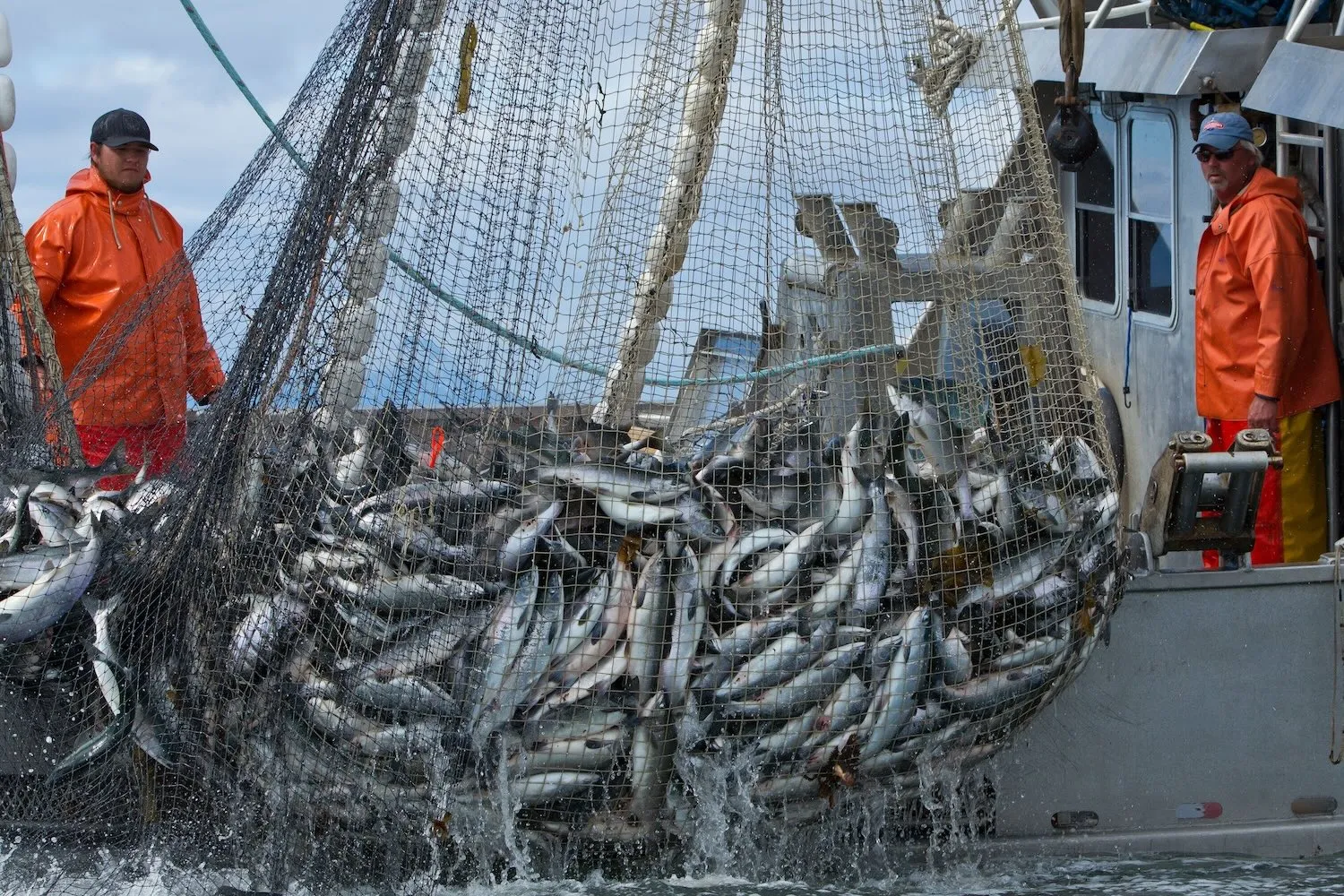
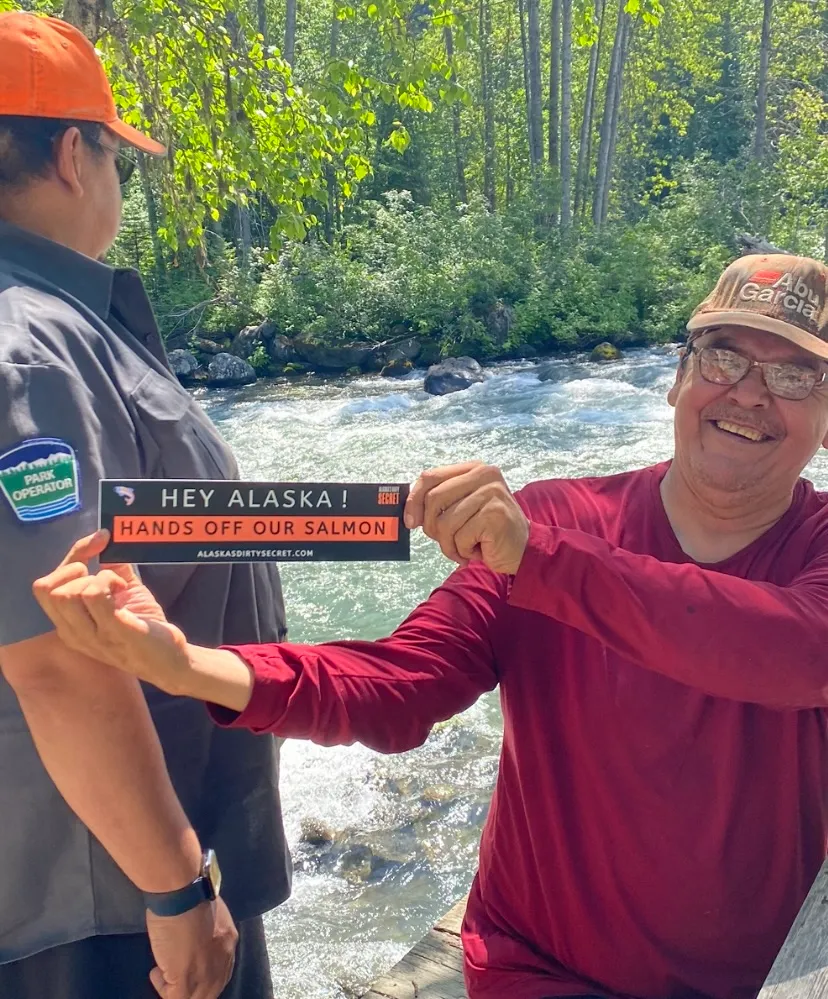
The team representing the three NGOs at the Seattle hearing
Kaitlin Yehle – Fisheries biologist, SkeenaWild Conservation Trust
Hup Wil Lax A (Kirby Muldoe) – Indigenous Engagement Lead, SkeenaWild
Aaron Hill, Executive Director Watershed Watch Salmon Society
Misty MacDuffee, Wild Salmon Program Director, Raincoast Conservation Foundation
Ian Moore, Legal counsel, Nogala Law Group LLP
Press Contact:
Greg Knox
Executive Director, SkeenaWild Conservation Trust
1-250-615-1990
David Mills
Watershed Watch Fisheries Advisor
1-250-650-34
Take Action
Defend Wild Salmon Now
Other News

Legal Challenge Filed Against Decision Allowing KSM Mine to Proceed
KSM Gold Mine Judicial Review Legal Challenge Filed Against Decision Allowing KSM Mine to Proceed The proposed mine threatens Nass and Unuk watersheds, relies on…
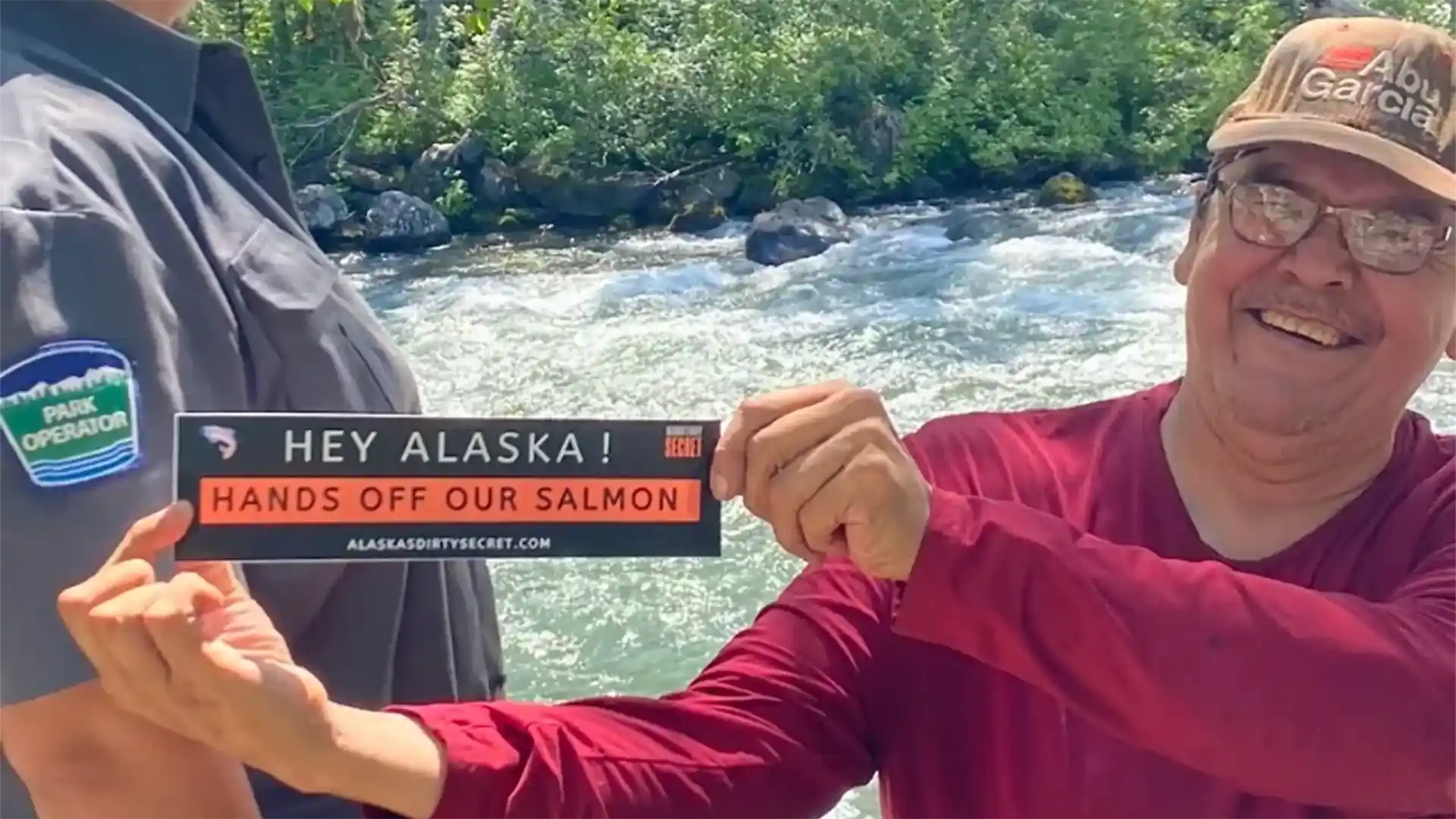
Alaska salmon fishery objection dismissal ‘seriously undermines’ MSC credibility
Alaska salmon fishery objection dismissal ‘seriously undermines’ MSC credibility Watershed Watch, Raincoast Conservation and SkeenaWild’s objection to SE Alaskan fisheries’ sustainable rating was rejected this…
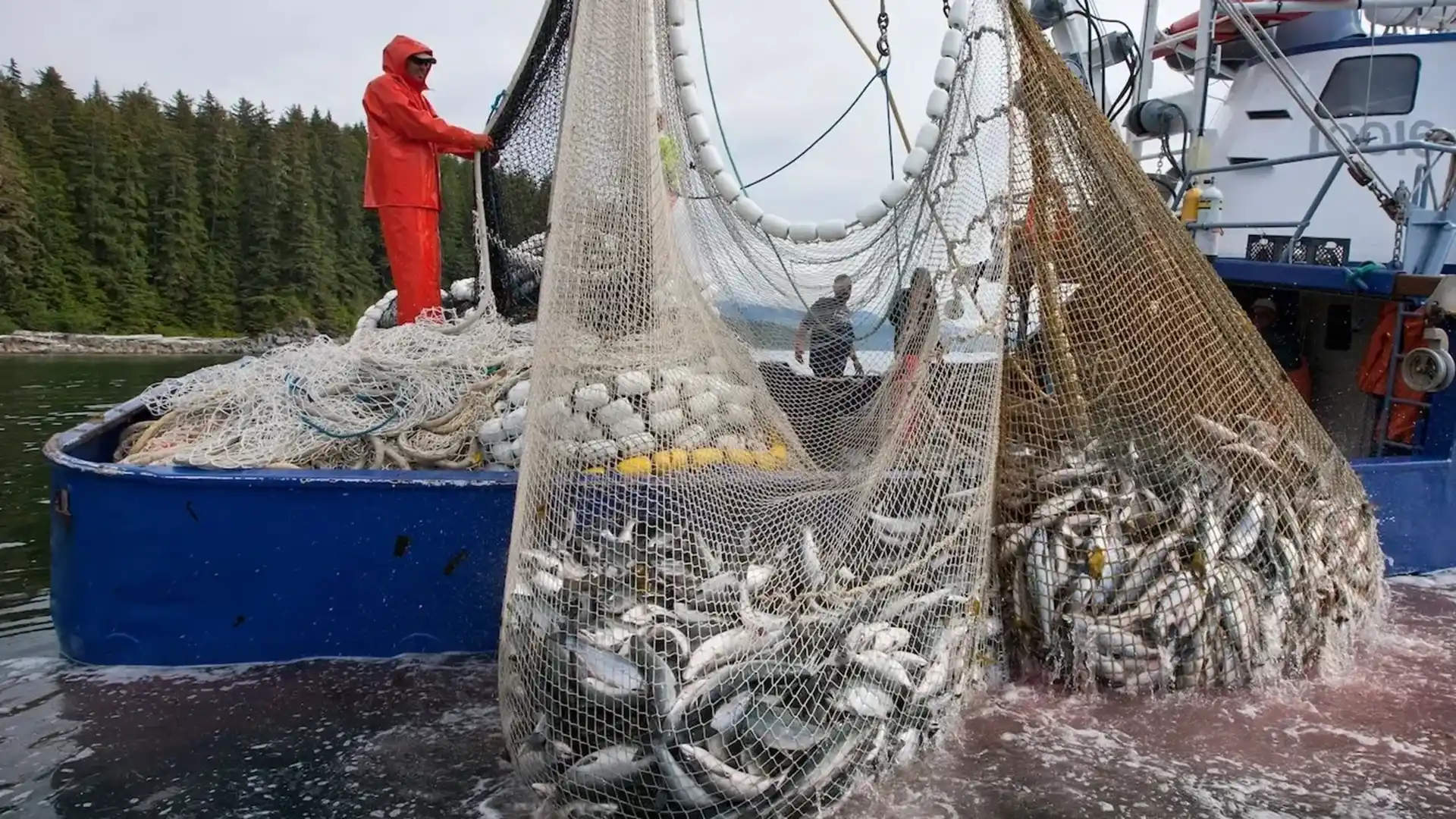
B.C. NGOs head to Seattle for final step in their objection to the certification of southeast Alaska salmon fisheries
B.C. NGOs head to Seattle for final step in their objection to the certification of southeast Alaska salmon fisheries Alaska’s fisheries should not be accredited…
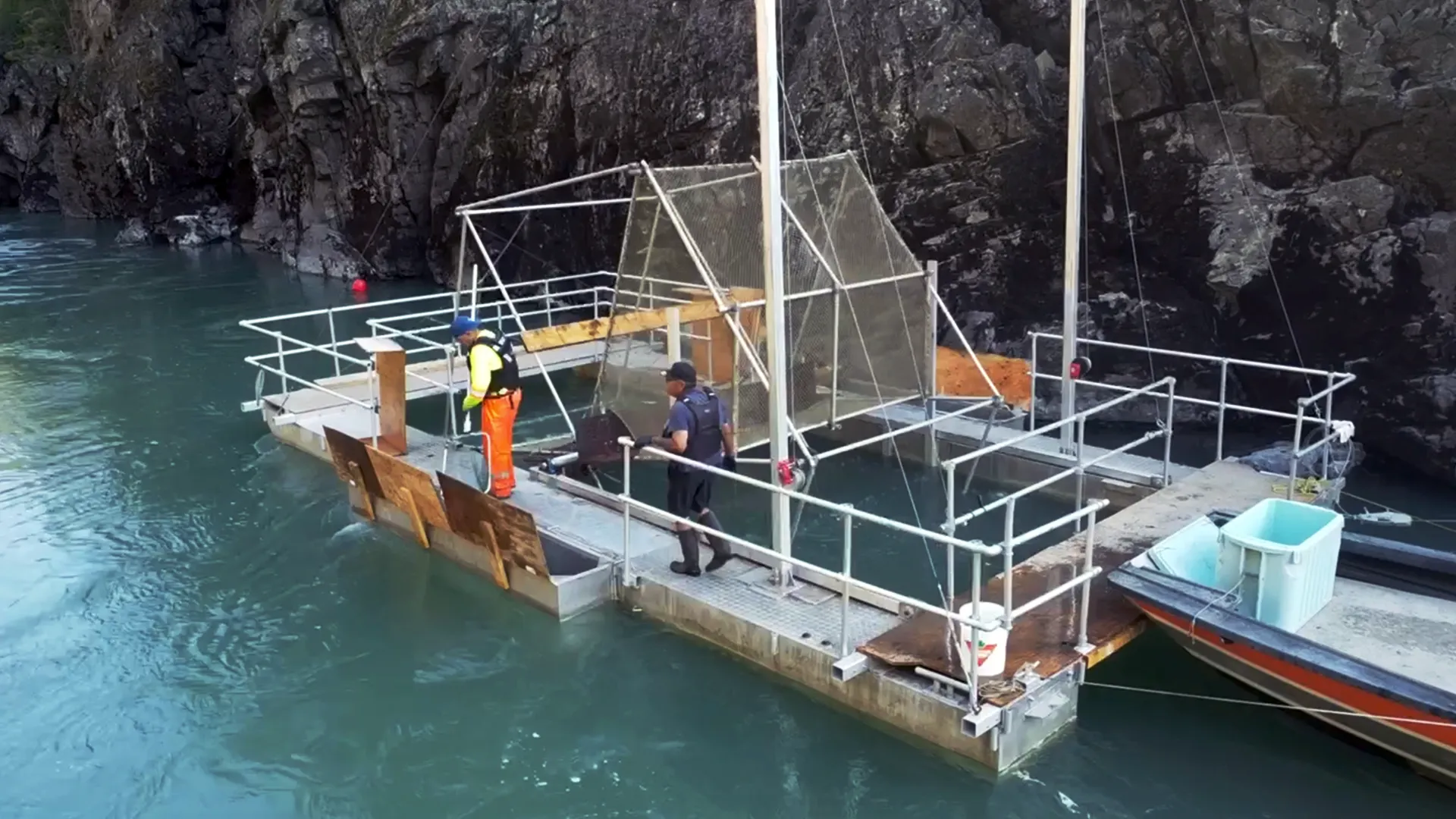
The Future Is Selective
The Future Is Selective This summer, B.C. salmon fishing has offered a glimpse into a sustainable future. In the Skeena, fisheries have opened with strong…

Legal Challenge Filed Against Decision Allowing KSM Mine to Proceed
KSM Gold Mine Judicial Review Legal Challenge Filed Against Decision Allowing KSM Mine to Proceed The proposed mine threatens Nass and Unuk watersheds, relies on…

Alaska salmon fishery objection dismissal ‘seriously undermines’ MSC credibility
Alaska salmon fishery objection dismissal ‘seriously undermines’ MSC credibility Watershed Watch, Raincoast Conservation and SkeenaWild’s objection to SE Alaskan fisheries’ sustainable rating was rejected this…

B.C. NGOs head to Seattle for final step in their objection to the certification of southeast Alaska salmon fisheries
B.C. NGOs head to Seattle for final step in their objection to the certification of southeast Alaska salmon fisheries Alaska’s fisheries should not be accredited…

The Future Is Selective
The Future Is Selective This summer, B.C. salmon fishing has offered a glimpse into a sustainable future. In the Skeena, fisheries have opened with strong…